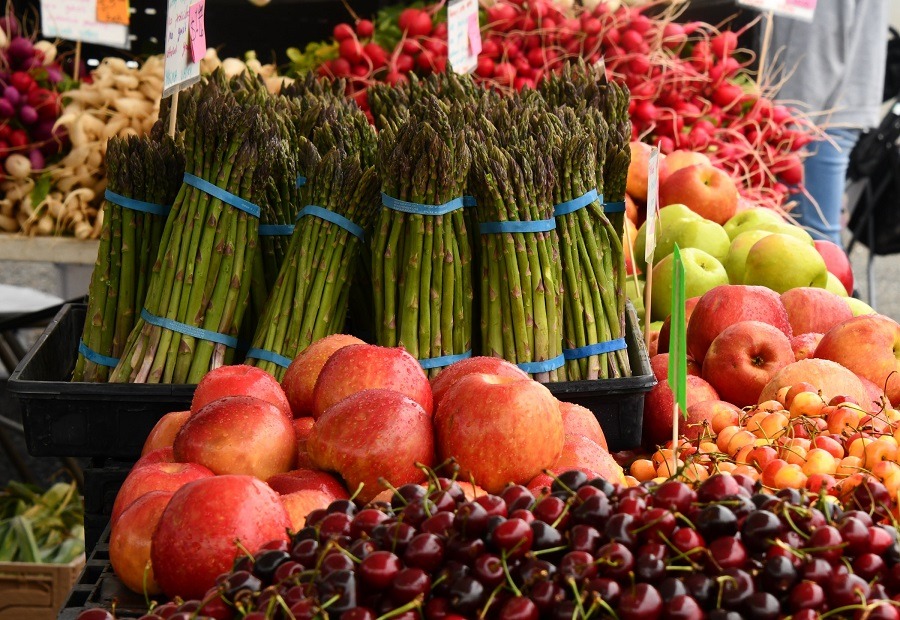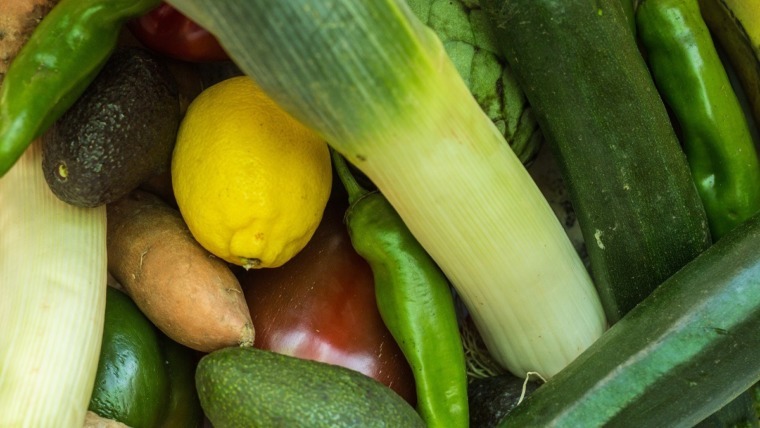
Written by Sally McGrath | Health that Heals, Health and Wellness Coach, Burnout Prevention Expert
Can a Plant Based Diet Reduce or eliminate chronic illness and disease? Our bodies are not made to consume the blood of other animals. Think about it, our closest descendants are the monkey and monkeys don’t eat meat, they eat a plant based diet. So can we can heal the body with a plant based diet? If you’ve watched any of the current health documentaries on Netflix, you’ll have seen the research and studies that are being done, leading to supporting the benefits of a plant based nutrition eating plan. Extreme, maybe? Worth trying to improve your overall health, absolutely!
Benefits to a Plant Based Diet to get you Thinking:
- You can save money eating a plant based diet
- You can build muscle on a plant based diet
- Your blood pressure will drop
- Your arteries will clear of plaque build up
- You will lose weight
- Your cholesterol will reduce
“Monkeys eat a plant based diet”.
Many are not aware that nutrition education is not taught to Medical Doctors, in some cases during the education of the medical doctors they spend a whole 30-60 minutes on nutrition. Also the nutritional information provided to many nutritionists is supported by the producers themselves. So the egg company will tell you eggs are good for you and just the same, the lamb association will tell you lamb has nutritional benefits. It’s time to make your own decisions and choices based on your personal preferences, health objectives and education.
There are multiple reasons to get and go green and it starts with a plant based diet to support ourselves, our world and our environment. By eating a plant based diet we can change the way will live, reduce and eliminate the dependence on prescription drugs and as a result be healthier, happier, greener and leaner. Who does’t want some of that? You will actually THRIVE not just SURVIVE.

The (now) Mainstream Organic Food Industry
Remember when Organic used to be associated with living an alternative lifestyle? If you mentioned you grew your own food, people would look at you like you were a hippie, living out of a van and always on the move with no fixed address. How things have changed. Now more than ever we hot foot it to the local organic markets, produce markets and select organic produce in the supermakets and green grocers. Also, we are demanding more and more plant based foods in our routine grocery shop each week. Did you know that the organic industry has grown from a niche market to now servicing the mainstream food and beverage market, with organic products more widely available in major supermarkets, independent retailers, food service venues and convenience stores. In the US market, organic food is sold in approximately three-quarters of grocery retailers. The Australian organic industry is worth AUD$2.6 billion and has grown 88% since 2012, according to the Australian Organic Market Report 2019. There has been a 42% compound annual growth rate (CAGR) growth in exports of organic products since 2012 to AUD$717 million.
Growth of Organic and Plant Based Foods
IBISWorld forecasts organic food to be one of the fastest growing food segments in Australia with around 15 per cent per annum growth for the next five years.
Plant-based foods are one of the fastest growing segments of the food industry. According to Euromonitor, between 2015 and 2020 Australia is projected to continue as the third-fastest-growing vegan market in the world at 9.6% growth. As demand increases rapidly, Australia’s packaged vegan food market is expected to reach $215 million by 2020.3 In the US, plant-based foods sales reached US$5 billion in 2019 with year-on-year sales growth of 11.4%, which is five times faster than overall retail food sales growth of 2.2% (according to Plant Based Foods Association and The Good Food Institute)
So What Is a Plant Based Nutrition Plan?
Plant based eating patterns focus on foods primarily from plants, so if you consider what grows naturally; vegetables, fruits, nuts, seeds, oils, grains, legumes and beans. With the plant based nutrition plan, it does not mean you are restricted at all. Rather you are choosing to fill your nutrition with plant based foods and supplement with other foods. Depriving yourself of any food will lead to a bigger desire for the food you’ve forbidden and is not suggested.

Getting You Started with a Plant Based Nutrition Plan
Here’s eight suggestions to get you on the way to trying a plant based nutrition plan.
- Eat lots of vegetables. Fill half your plate with vegetables at lunch and dinner. Make sure you include plenty of colors in choosing your vegetables. Enjoy vegetables as a snack with hummus, salsa, or guacamole.
- Change the way you think about meat. Have smaller amounts. Use it as a garnish instead of a centerpiece.
- Choose good fats. Fats in olive oil, olives, nuts and nut butters, seeds, and avocados are particularly healthy choices.
- Cook a vegetarian meal at least one night a week. Build these meals around beans, whole grains, and vegetables.
- Include whole grains for breakfast. Start with oatmeal, quinoa, buckwheat, or barley. Then add some nuts or seeds along with fresh fruit.
- Go for greens. Try a variety of green leafy vegetables such as kale, collards, Swiss chard, spinach, and other greens each day. Steam, grill, braise, or stir-fry to preserve their flavor and nutrients.
- Build a meal around a salad. Fill a bowl with salad greens such as romaine, rocket, spinach, radiccio leafy greens. Add an assortment of other vegetables along with fresh herbs, beans, peas, or tofu.
- Eat fruit for dessert. A ripe, juicy peach, a refreshing slice of watermelon, or a crisp apple will satisfy your craving for a sweet bite after a meal.
Make sure you keep notes of what you like and dislike, recipes that work and are simple to create that you can make extra quantities of and enjoy for another meal.
What if I don’t want a Fully Plant Based Diet?
Plant based, vegetarian diets come in lots of shapes and sizes, it’s best you choose the version that works best for you. Here are some options to trial.
- Flexitarian includes eggs, dairy foods, and occasionally meat, poultry, fish, and seafood. A little of everything and a great way to trial removing some food choices.
- Pescatarian includes eggs, dairy foods, fish, and seafood, but no meat or poultry.
- Vegetarian includes eggs and dairy foods, but no meat, poultry, fish, or seafood.
- Vegan includes no animal foods.
Feeling Like a Challenge?
Here it is, try this for a week. Google some plant based receipes, create your shopping list, seek out your best produce, preapre your food and eat a plant based diet (nutrition plan) for a week and see how you feel. Let me know how you get on!
Not quite so sure about a challenge that’s fully plant based. How about you go “flex-atarian”, you get to choose how you eat. However, think twice when it comes to choosing meat. Have some fun and get creative with plant food choices and preparation.
“One Persons Food is Another Person's Poison”
Listen to YOUR Body
When you make changes to your nutrition and lifestyle, it’s important to note that you do this at your own pace and your own taste. Seek guidance from a medical practitioner before you make any changes and importantly, “Listen to your body”. The body has an inherent ability to communicate to us, we just need to listen.
Sally x
Eliminate Chronic Illness Eliminate Chronic Illness Eliminate Chronic Illness



